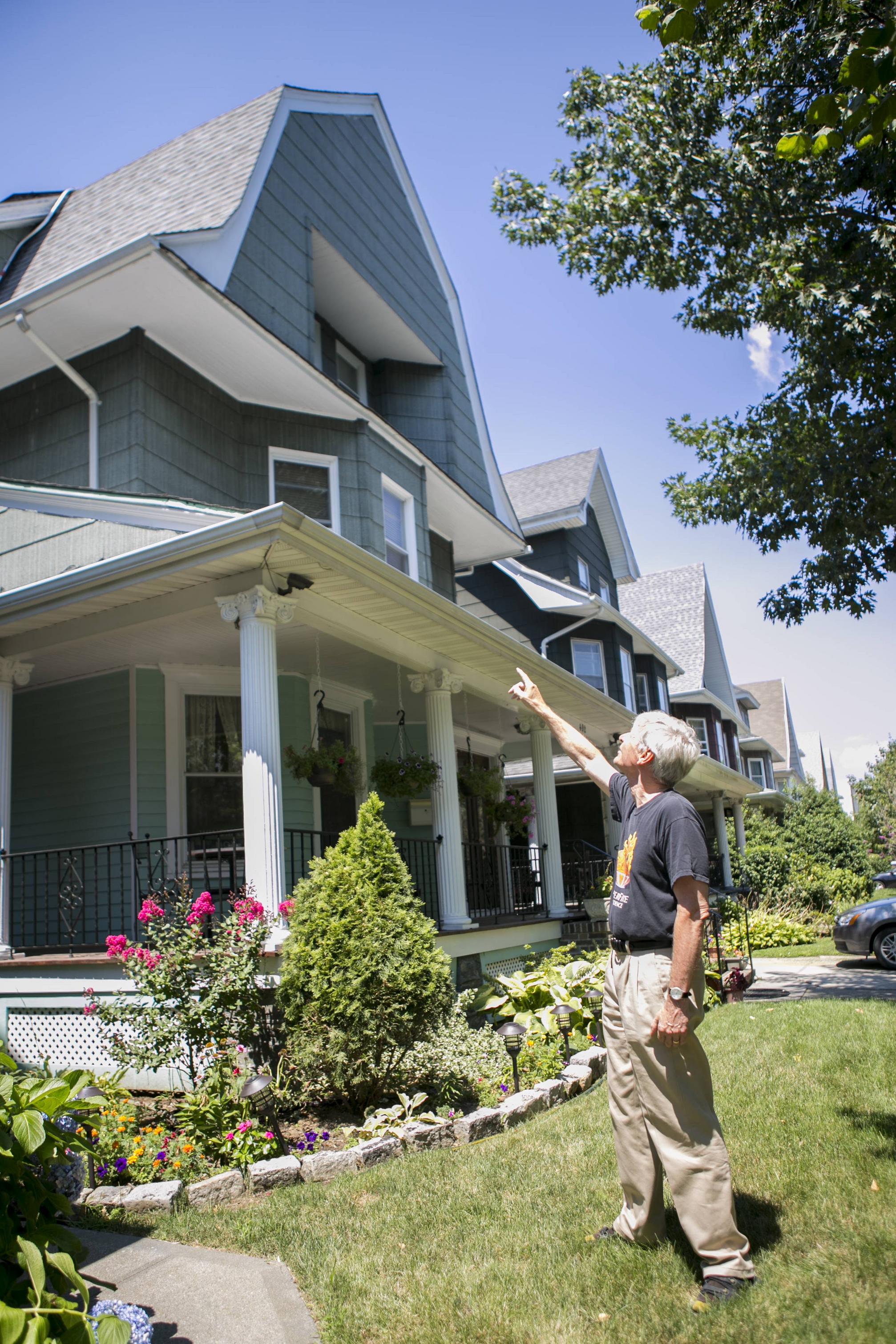
Installing solar panels can make your farm more productive and financial. Solar panels keep crops cooler in the day. This will reduce moisture loss and protect your crops from hail and frost damage. These panels protect crops from drying and keep them warm at night.
Solar panels can also reduce your electricity bills. California almond sheller actually built a solar-powered 45,000-square feet processing facility that offset 90 per cent of the electricity his family used during drought.
Although solar on farmland doesn't seem to be new, it is a recent development in the United States. Agrivoltaics, or farm-based solar, is the next step in increasing solar's contribution to renewable energy. As solar technology advances, more farmers will use solar arrays for electricity offset.
There is still much to be learned about farm-based solar. While the technology may be new, many farmers are seeing surprising benefits from it. A recent study from the University of Maine found that solar panels boosted the number of wild blueberries planted on patches of land. It was also discovered that solar panels had a positive influence on the overall growth rate of the berry plants.

A solar farm can help to reduce greenhouse gas emissions and increase food production. As solar technology improves, so will the number of agrivoltaic system builders. The Solar Massachusetts Renewable Target (SMART) program is working to increase the deployment of farm-based solar by providing financial incentives to developers.